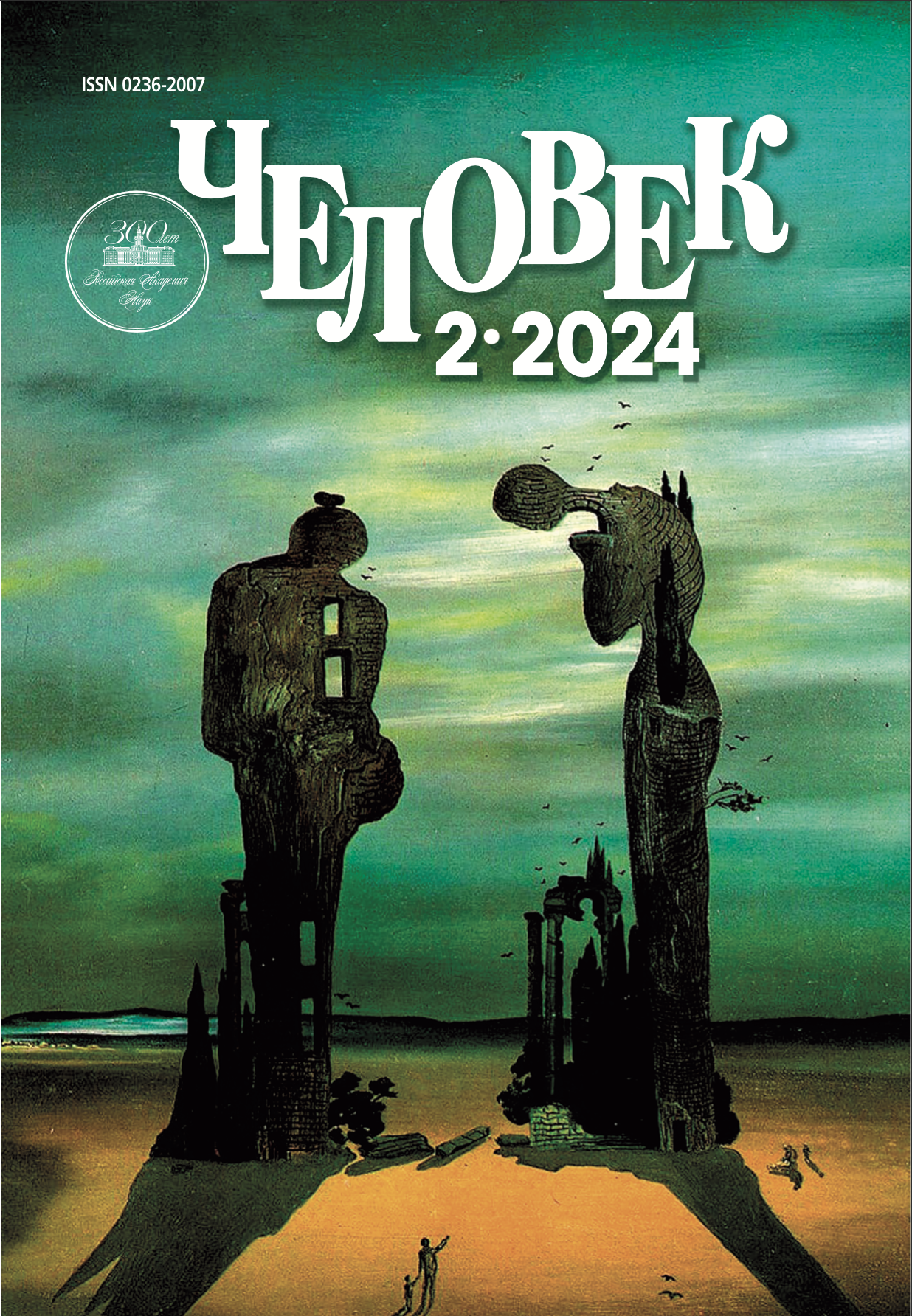Sociality and Subjectivity in the Soviet Man Project
DOI:
https://doi.org/10.31857/S0236200724020088Keywords:
anthropological ideal, personality, responsibility, pragmasemantics, Soviet experience, social and cultural engineering, socialization, subjectivity, digitalizationAbstract
An attempt has been made to generalize the experience of the understanding the Soviet project of the new man, carried out in the 21st century.The proclaimed creation of a communist society implied not only the elimination of private property, the development of corresponding social relations. These radical transformations simultaneously formed a new consciousness among the participants in this process, required active actors. This radical anthropological experiment was very controversial both in its implementation and in its results. Onthe one hand, propaganda and the education system formed and transmitted a demand for an individual capable of independent creative actions. On the other hand, the actual practices of social life were regulated by strict control, which suppressed any independent initiative. As a result, the practices of control and corresponding social selection gave rise to a paradoxical combination of infantile irresponsibility and intolerance. Inability to negotiate, inability and unwillingness to build horizontal relationships has become established the experience of resolving all issues exclusively through the power vertical through requests, complaints and denunciations. Society has been stratified into two types of people that complement each other: those who have extremely little opportunity to independently organize their lives, and those who irresponsibly manage this human material. The analysis of the relationship between sociality and self-awareness uses materials from a large-scale socio-philosophical study carried out by S.A. Nikolsky, a number of socio-ethical ideas of A.A. Zinoviev, as well as a pragmasemantic approach, which allows us to consider meaning formation as a result of the interaction of contexts set by socio-cultural practices. The examination carried out shows that the Soviet experience provides a compelling lesson-warning about the consequences of the formalization of social relations. This is especially relevant in relation to the conditions of the modern situation, when socio-cultural practices in digital format reduce meaning-making to normative algorithms, “taming” subjectivity — the main source of the dynamics of meaning-making.






